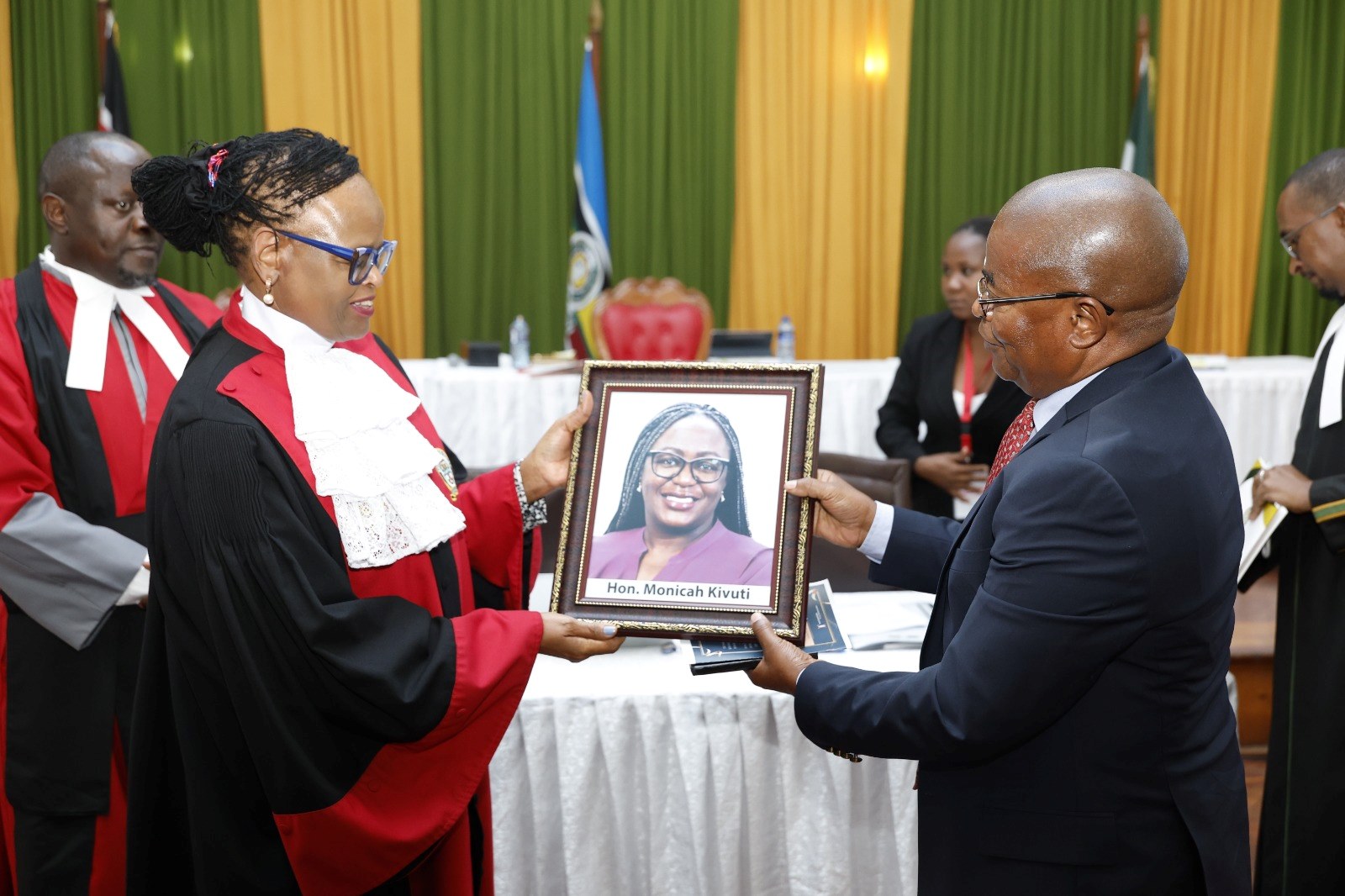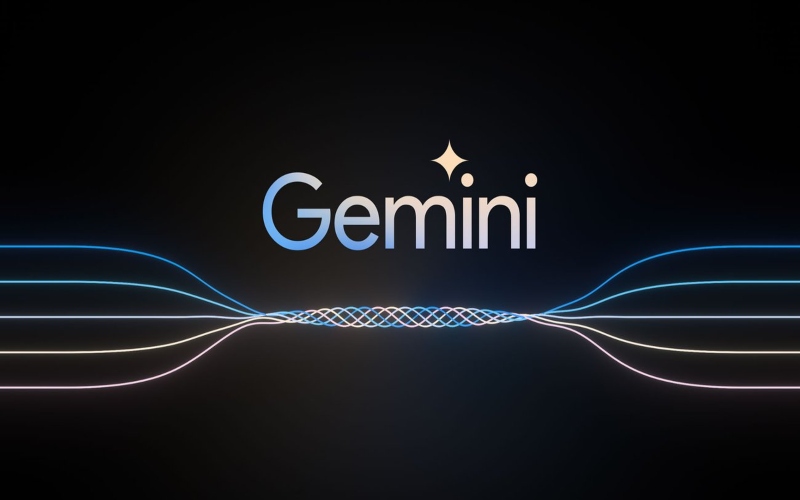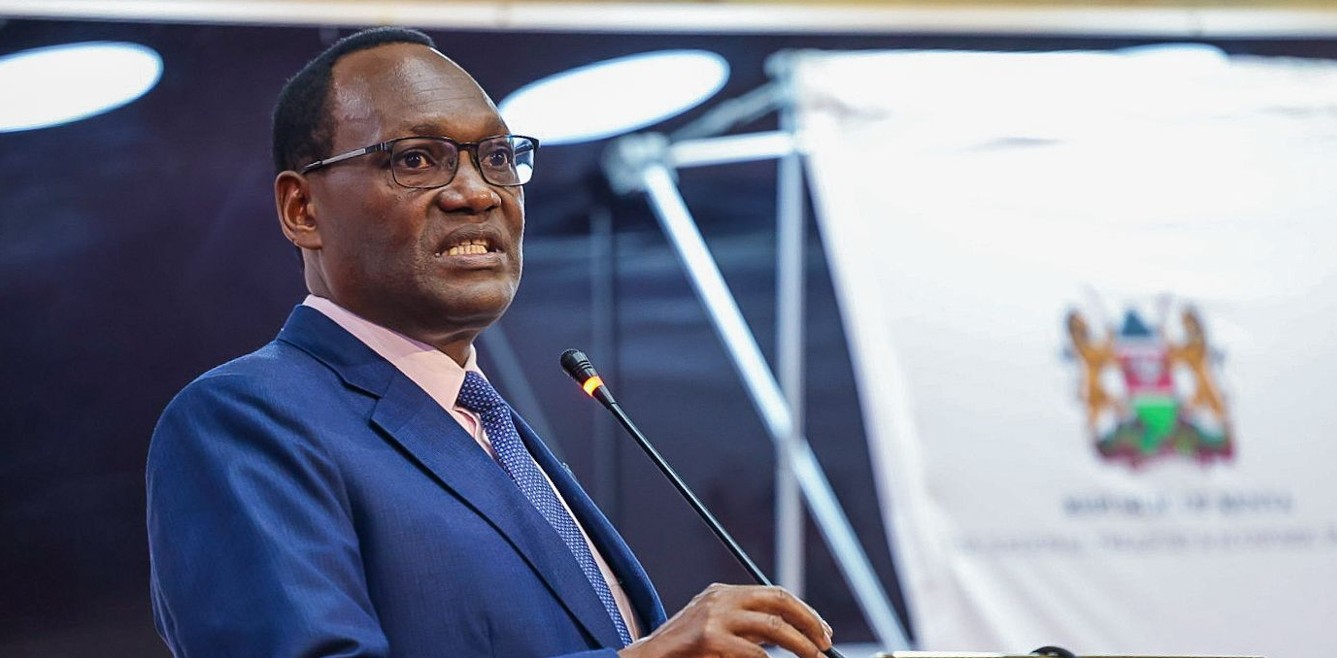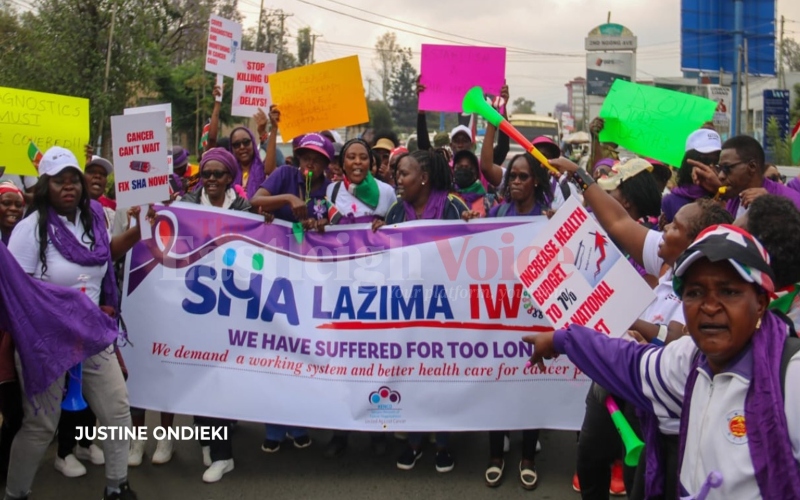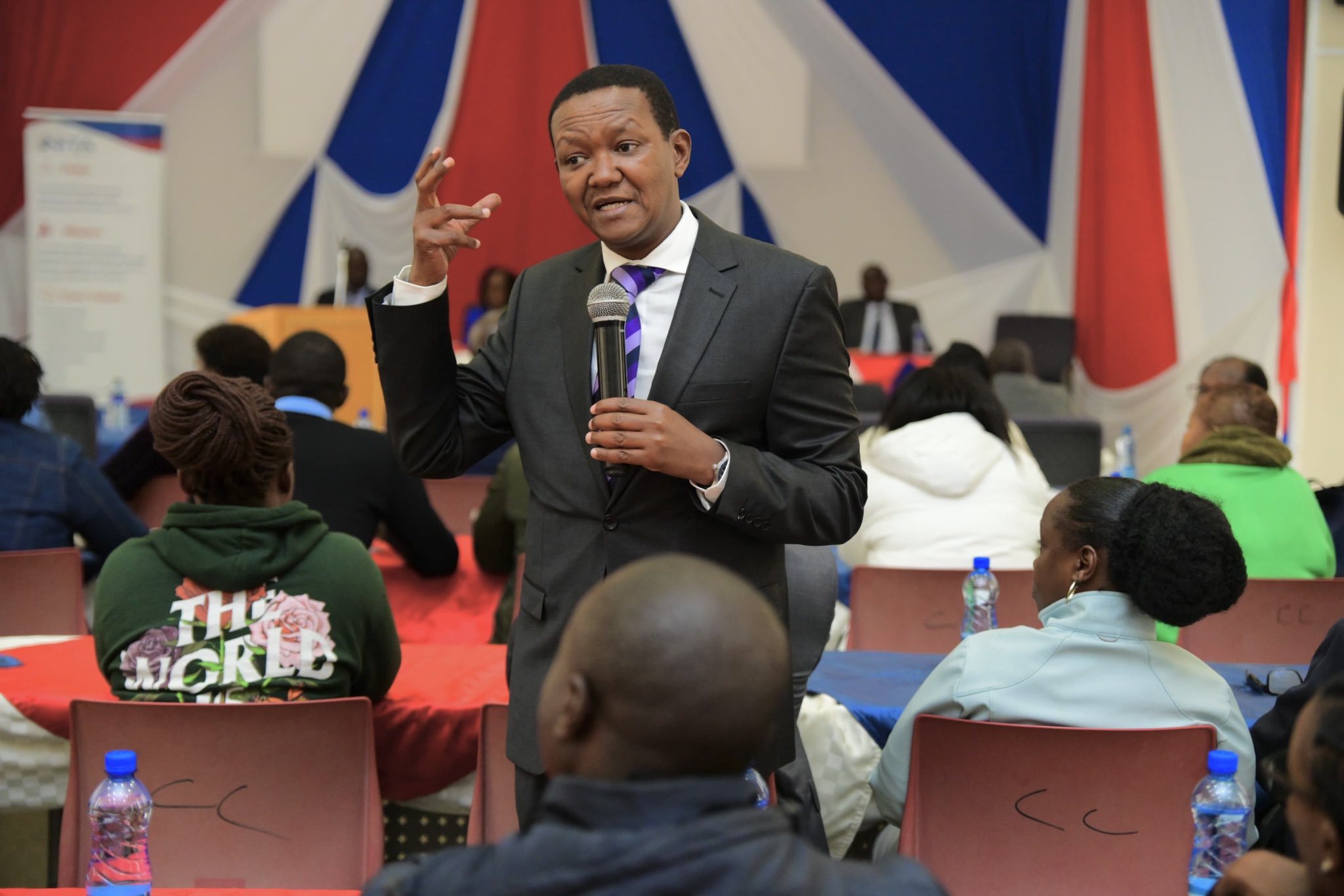State bans celebrities, influencers from gambling ads in sweeping reforms

Outdoor advertising is limited to electronic billboards, with a cap of two ads per hour per operator. Formats such as wall branding or bus wraps are prohibited. Road shows for gambling promotion are entirely banned.
The Betting Control and Licensing Board has banned the use of celebrities, influencers, and content creators in gambling advertisements as part of new measures to protect vulnerable Kenyans from the dangers of betting.
The move follows the end of a 30-day suspension on gambling advertisements that had been in place since April 29.
More To Read
- Kenya’s betting boom turns tragic as families sink under Sh88.5 billion losses
- Content creators can now stream in both portrait and landscape modes simultaneously on YouTube
- Ruto signs laws to regulate gambling, shorten tenure of roads agency bosses
- Blow to content creators as court declines to suspend ban on online alcohol ads
- MPs pass Gambling Bill, impose heavy fines and jail terms
- Betting crisis: Why Kenya cannot ban popular Aviator game
“Gambling adverts shall not glamorise betting or use celebrities, influencers and content creators to endorse or promote gambling,” the board said in a notice on Thursday.
During the suspension, the board worked with a multiagency team to draft new rules that promote responsible gambling and limit exposure to minors and other at-risk groups.
Developed in collaboration with a multiagency enforcement team, including the Ministry of Interior, Office of the Attorney General, Communications Authority of Kenya, Kenya Revenue Authority, Directorate of Criminal Investigations, Kenya Film Classification Board (KFCB), Media Council of Kenya, and Financial Reporting Centre, the guidelines aim to reshape how gambling is marketed in Kenya.
According to the new guidelines, gambling ads must not depict gambling as a source of income or associate it with social success.
Going forward, gambling advertisements must be pre-approved by the BCLB and classified by the KFCB before distribution. This dual oversight ensures compliance with the Betting, Lotteries and Gaming Act and the Films and Stage Plays Act.
Media outlets are prohibited from airing unapproved or unclassified ads, with penalties for non-compliance.
In addition, former winners are also banned from appearing in ads, as the board warned this could mislead the public.
“All gambling adverts shall indicate the BCLB license number, carry a responsible gambling message, and show the age restriction ‘not for persons under 18 years of age’,” the board said.
Going further, gambling ads must include the operator’s name and address, customer care contacts, and clearly state “authorised and regulated by the Betting Control and Licensing Board.”
They must not include any calls to action or hooks. The board said all ads should include the message “Gambling is addictive! Play responsibly!” and should not contain content appealing to minors.
Testimonials and jingles are also banned in what the board calls “worthy mentions.”
The guidelines impose limits on the frequency and placement of advertisements. Print media ads are restricted to two per week, confined to sports sections, with 20 per cent of the ad space dedicated to responsible gambling messaging. Outdoor advertising is limited to electronic billboards, with a cap of two ads per hour per operator.
Formats such as wall branding or bus wraps are prohibited. Road shows for gambling promotion are entirely banned.
To control exposure further, social media platforms must ensure age verification and ban targeted gambling ads that violate these rules.
Any form of predatory digital advertising is now illegal.
“All media outlets shall adhere to the Code of Conduct for Media Practices, 2025,” the board said, adding that any breaches would attract penalties, including suspension or cancellation of licenses for betting firms or media houses.
Top Stories Today


